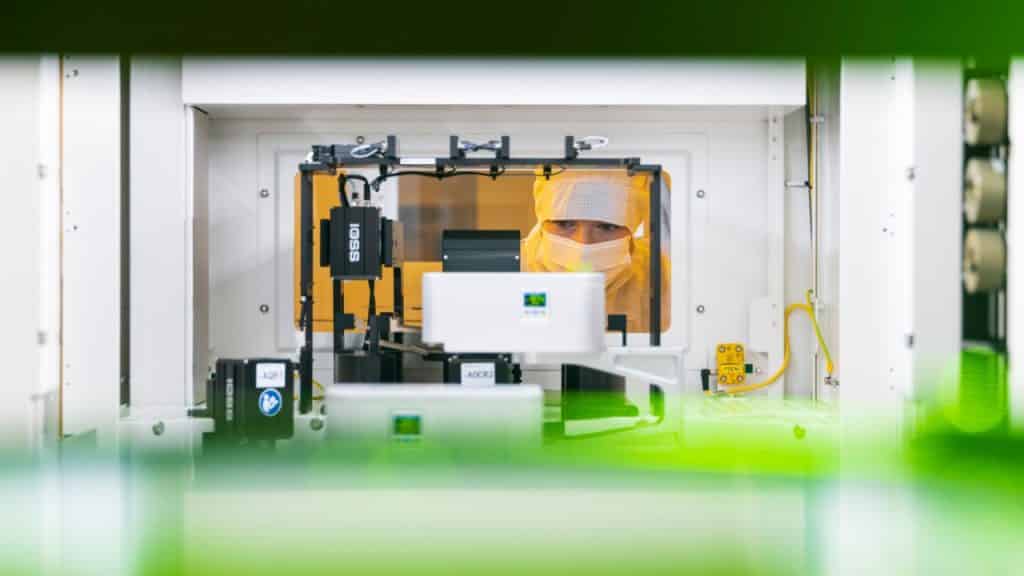In the face of the global chip shortage, Bosch is increasing its capital expenditure. Just a few weeks after opening its new wafer fab in Dresden, the supplier of technology and services has now announced another nine-figure investment in its chip manufacturing facilities.
In 2022 alone, Bosch plans to invest more than 400 million euros or R7.1 billion in expanding its wafer fabs in Dresden and Reutlingen, Germany, and its semiconductor operations in Penang, Malaysia. “Demand for chips is continuing to grow at breakneck speed.
In light of current developments, we are systematically expanding our semiconductor production so we can provide our customers with the best possible support,” says Dr. Volkmar Denner, chairman of the board of management of Robert Bosch GmbH.
Most of the capital expenditure is earmarked for Bosch’s new 300-millimeter wafer fab in Dresden, where manufacturing capacity is to be expanded even faster in 2022.
Around 50 million euros of the planned sum will be spent on the wafer fab in Reutlingen near Stuttgart in the coming year. Bosch will invest a total of 150 million euros or R2.7 billion in additional clean-room space here from 2021 to 2023.
In Penang, Malaysia, Bosch is also building a test centre for semiconductors from scratch. Starting in 2023, the centre will test finished semiconductor chips and sensors.
“These planned investments demonstrate once again the strategic importance of having our own manufacturing capacity for the core technology of semiconductors,” Denner says.
“Our aim is to ramp up production of chips in Dresden earlier than planned and at the same time expand clean-room capacity in Reutlingen. Every additional chip we produce will help in the current situation,” says Harald Kroeger, member of the board of management of Robert Bosch GmbH.
In two stages, a total of more than 4,000 square metres will be added to the current 35,000 square metres of clean-room space in Reutlingen.
The first stage, adding 1,000 square metres of production area for 200-millimetre wafers to bring the total to 11,500 square metres, has already been completed. This involved converting office space into a cleanroom over recent months and connecting it to the existing wafer fab via a bridge.
The new facility has been producing wafers since September.
“We’ve already expanded our manufacturing capacity for 200-millimetre wafers by some 10%,” Kroeger says.
The capital outlay for this came to 50 million euros or R887 million (in 2021).
In making this move, the company is responding to increased demand for MEMS sensors and silicon carbide power semiconductors.
The second stage of the expansion will create a further 3,000 square metres of clean-room space by the end of 2023. To this end, the company will invest some 50 million euros in both 2022 and 2023.
Bosch is also creating 150 new jobs in semiconductor development at its Reutlingen location.
Also read: Bosch, Microsoft To Develop Software-Defined Vehicle Platform
